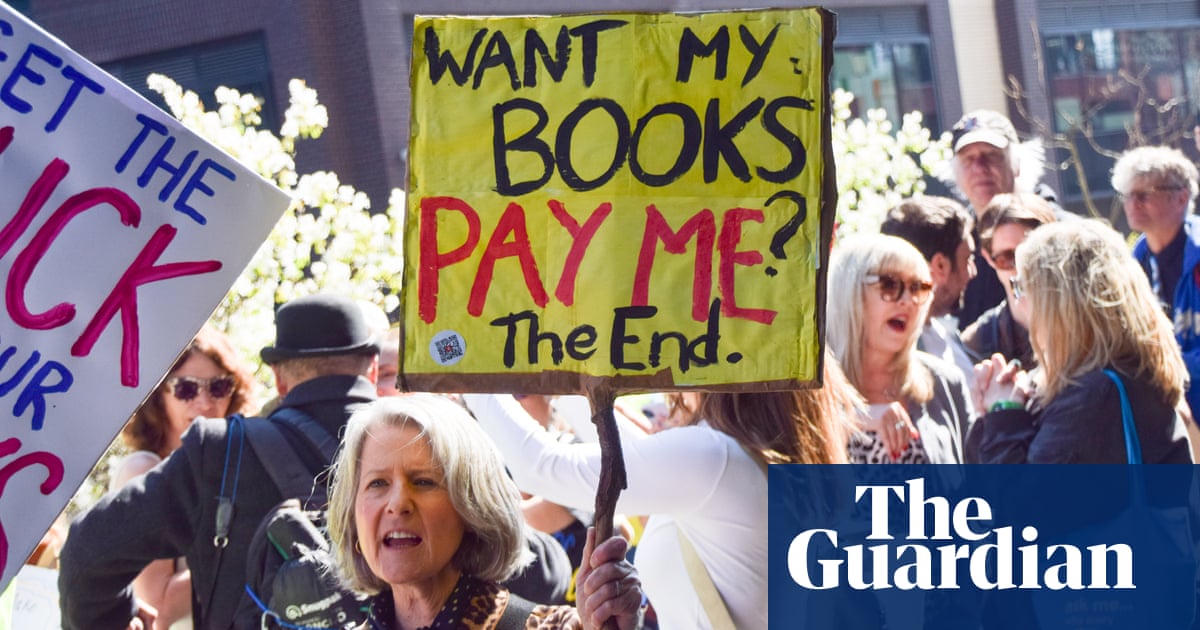UK licensing bodies have announced a “pioneering” collective licence that will allow authors to be paid for the use of their works to train generative AI models.
The Copyright Licensing Agency (CLA) – which is directed by the Publishers’ Licensing Services (PLS) and the Authors’ Licensing and Collecting Society (ALCS), representing publishers and authors – will develop the licence, set to be the first of its kind in the UK.
Expected to be made available to AI developers this summer, it will allow copyright holders “who are not in a position to negotiate direct licensing agreements with AI developers” to be paid for the use of their works.
“When we surveyed our members last year, they made it clear that they expect us to do something about their works being used to train AI,” said ALCS CEO Barbara Hayes. 81% of respondents said that they would want to be part of a collective licensing solution if ALCS was able to secure compensation for the use of writers’ works to train AI in cases where individual, case-by-case licensing is not a viable option.
The announcement comes as the UK government reviews responses to a consultation on its proposals for a copyright exemption for text and data mining, allowing AI companies to freely use copyrighted works unless rights holders opt out. The new licence “shows that a copyright exception is neither necessary nor desirable”, said the ALCS.
The government’s proposal “would give very limited choice, wouldn’t remunerate creators or provide any transparency about which works are being used”, said Hayes.
Sign up toBookmarks
Discover new books and learn more about your favourite authors with our expert reviews, interviews and news stories. Literary delights delivered direct to you
after newsletter promotion
The collective licence, on the other hand, “will further demonstrate that licensing is the answer and can provide a market-based solution that is efficient and effective”, said Mat Pfleger, the CEO of CLA.
“Our goal is to provide a clear, legal pathway for access to quality content”, he added. “One that empowers innovators to develop transformative generative AI technologies whilst respecting copyright and compensating rights holders and creators where their works are used.”
As copyright law continues to be hammered out in the UK, a similar debate has been unfolding in the US, where authors and publishers have filed lawsuits alleging copyright infringement against AI companies including Meta and ChatGPT maker OpenAI for training their models on authors’ works without permission.
According toMeta’s defence, there is “no economically feasible mechanism” for AI developers to obtain licensed copies of the “astonishingly large volume” of books needed to train AI. Meta “would have to initiate individualised negotiations withmillionsof authors”, a process which “would be onerous for even a few authors; it is practically impossible for hundreds of thousands or millions.”
ALCS said that in theory US tech companies would be able to acquire licensed material through the new model. Asked for details on how much money writers might expect to get if they opt in to the scheme, ALCS said it will “be in a better position to answer this following conversations with prospective licensees.”
PLS CEO Tom West said that he is “pleased to move forward with this important and much needed initiative to support an equitable, transparent, and sustainable framework for content use in the age of AI.”
